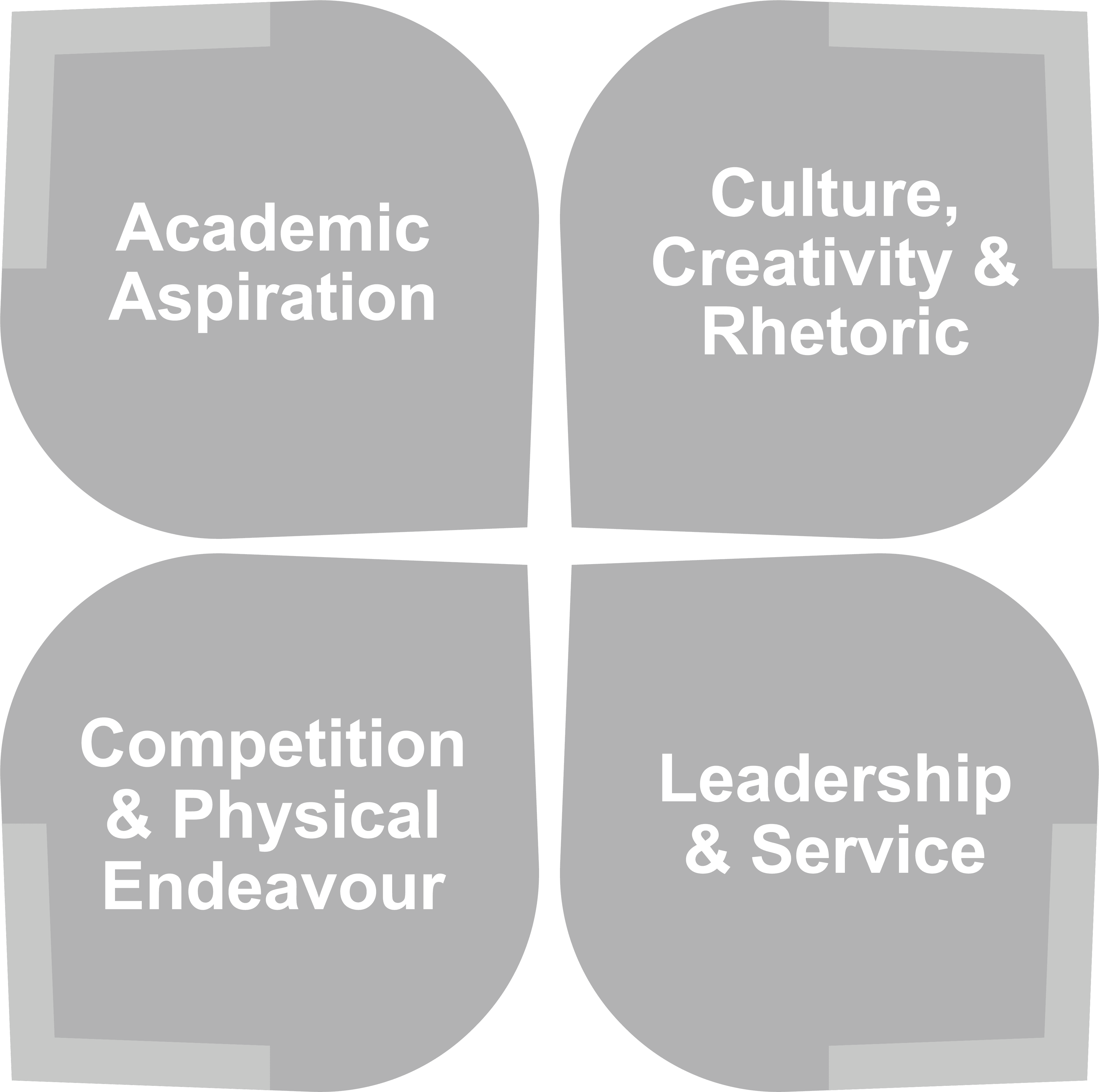Sixth Form: Electives, Enrichment & Apertura

We want our students to be able to thrive in whatever future pathway or career they choose. We offer this cultural preparation by giving students opportunities and experiences that would not otherwise be accessible to some pupils. In order for our students to open the door to the future of their choice, it is paramount that we also assist students in recognising the full spectrum of choices that are available to them.
The key aims of the AE&A programme at Sixth Form are:
- To assist students with accessing both broader and more in depth knowledge within their chosen areas
- To ensure that students maintain a broad outlook outside of their studies and are aware of current affairs
- To prepare students for interview processes, either for universities, higher apprenticeships or jobs
- To give students access to specialist preparation for entry to the most prestigious universities
Students will build an electives curriculum in addition to their A Level subject choices. They will select from the following electives options:
Electives
- Oxbridge and Competitive University Entry
- Music
- Gold Duke of Edinburgh Award
- Photography
- Write Club!
- Medicine, Dentistry and Veterinary Science
- Architectural Design and The Built Environment
- Spanish for Beginners
- Badminton/Table Tennis
- Football
- Dance
- Fitness
- Chess and Board Games
- Investor Challenge
- Mindfulness
- Journalism Club
- Art History
- Extended Project Qualification (EPQ)
- Philosophy and Film
- Crime and Confession
- Oil Painting
- Problem Solving
- The World Around Us
- Charity Begins at School!
- Big Inventor Challenge
- Expressive Portraiture – Ceramics
- Office Ready!
- Cultures and You
- Model United Nations
- Design: Create a mini computer
- History belongs to us all
- Italian for Beginners
- Bar Mock Trial
- Law Society
Other opportunities
In addition, students will enrich their curriculum with a variety of possible choices, including:
- Sport for All
- Mentoring
- Volunteering
- Charity events
- TED Talks
…..together with a host of other possibilities offered within each subject area each year.
The Cornerstones of the Laurus Trust: Academic Aspiration, Leadership and Service, Competition and Physical Endeavour and Culture, Creativity and Rhetoric.
Apertura
September 2020 saw the launch of the Apertura programme at Cheadle Hulme High School. Taking its name from Latin, meaning “opportunities about to open”, Apertura is a Laurus super-curricular programme designed to expose high achieving students to academic dialogue and independent research in preparation for applications to competitive universities such as Oxford and Cambridge.
Through lectures from visiting academics, small group supervisions and independent research, Apertura students are widely engaged in academic thought and conversation. The programme runs through Years 10, 11 and 12, mirroring the three years of a traditional undergraduate Oxbridge college community.
The programme of study is broad and is designed to afford freedom for students, lecturers and supervisors. Apertura students will encounter and investigate a variety of topics taken from different subjects across three strands, each year.
Alongside supervisions and lectures, the Apertura Research Project provides an opportunity for students to pursue an area of their own interest. At the end of each year, students share and discuss their research findings with an audience from the Apertura community.
Apertura students are supported through the programme in other areas too, to build their confidence and resilience and ensure their wellbeing.
The three strands of Apertura
|
Social Sciences (Human Society & Interpersonal Relationships)
|
Physical Sciences & Maths (Practical & Philosophical Knowledge) |
Humanities (Human Culture) |
| Justice | Chemistry | History of Art |
| Law | Physics | Linguistics / Languages |
| Economics | Geology | Ethics |
| Psychology | Philosophy | Gospel |
| Politics | Astronomy | Comparative Literature |
| Sociology | Logic | English Literature |
| Anthropology | Classics | |
| History | ||
| Geography | ||
| Architecture | ||
| Theology | ||
| Musical appreciation | ||
| Film | ||
| Digital culture |